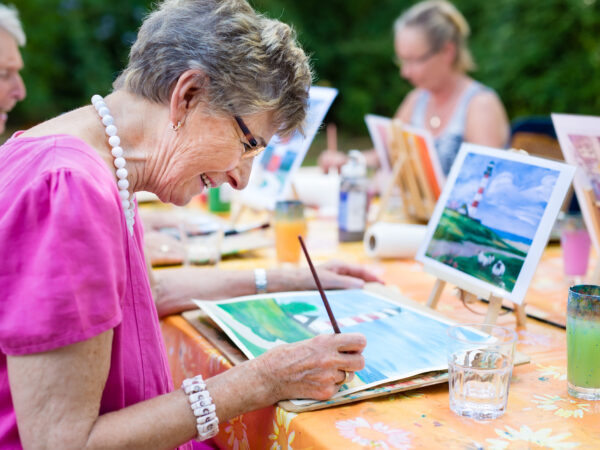Achieving the best possible quality of life is the goal most adults strive for each day but as we age and become less independent, the task of providing meaning and joy in daily activities may fall upon care providers. A recent study out of Norway evaluated the interactions and activities that best helped give seniors in long-term care facilities meaning and purpose in life.
The results of the research which studied how to provide nursing home residents with an optimal quality of life was recently published in the journal BMC Geriatrics. Interviews focused primarily on the nurse-resident interaction and uncovered four key areas that promote a sense of well-being, purpose and meaning for patients.
- Physical and mental well-being
- Belonging and recognition
- Treasured activities
- Spiritual connectedness
By meeting these four primary needs, care providers were able to give residents in long-term care facilities a better quality of life. Good care begins with proper personal hygiene and nutrition but goes far beyond meeting these basic needs. Nursing staff, who are often a primary source of social interaction for residents, also provide patients with a sense of belonging and value.
Social isolation and loneliness is a common problem for elderly adults who are often dependent on others to provide their access to social activities. Recognizing the importance of daily activities such as spending time with others listening to music, creating art or enjoying the outdoors can improve overall health and well-being. Excellent care for the individual includes fulfilling basic physical needs but must also promote mental health and a sense of hope; elderly patients need to feel respected, valued and connected with their community. The personal connection between caregiver and patient is the key to providing long-term care residents with the best care possible.
To read the full study online follow this link to BMC Geriatrics.






Add Your Voice
0 Comments
Join the Discussion